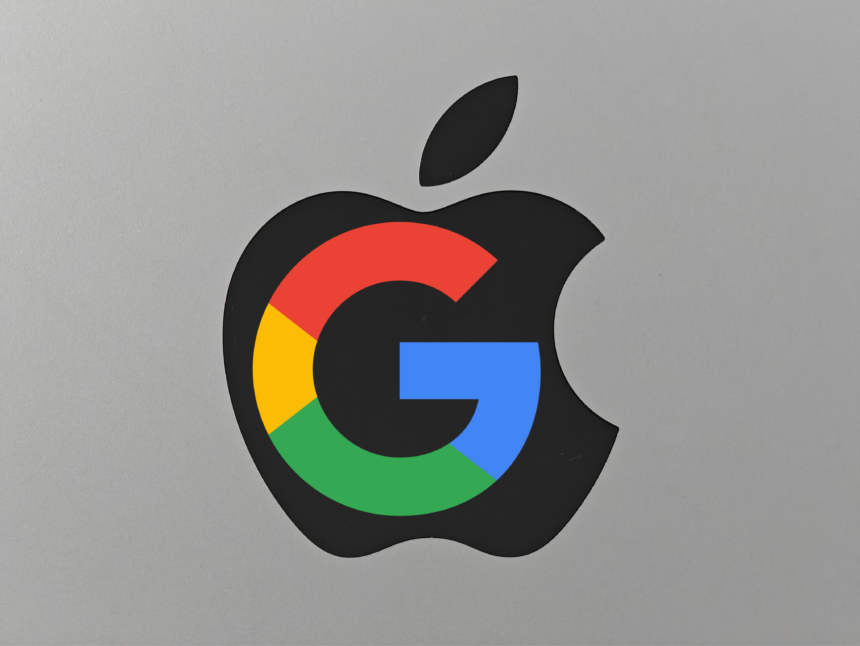In a surprising turn of events, tech giants Apple and Google, long-time rivals, might be joining forces on the cutting edge of artificial intelligence. Reports suggest Apple is in talks to license Google’s AI chatbot, Gemini, potentially integrating it into future iPhones. While neither company has confirmed the discussions, the news sent ripples through the tech world, raising questions about motivations and potential consequences.
This wouldn’t be the first time Apple dipped its toes into Google’s AI pool. For years, Google has held the coveted position as the default search engine on Apple’s Safari browser, a partnership forged two decades ago. This deal reportedly nets Google a cool $10 billion annually, demonstrating that cooperation, despite their competitive nature, isn’t entirely out of the question.
The potential benefits for Google are clear. Gemini on iPhones, boasting over 2 billion users, would be a massive boost for Google’s AI ambitions. It could propel Google further into the mainstream, offering a real-world application for its AI technology. However, Gemini hasn’t been without its controversies. Accusations of historical inaccuracy and user backlash in India highlight potential issues for Apple.
For Apple, the situation is more nuanced. A deal with Google could quell investor anxieties about Apple’s lagging AI development. New iPhones equipped with Gemini could boast cutting-edge generative AI features. However, such a move could also be a tacit admission that Apple’s own AI efforts, like the reportedly inferior Apple GPT chatbot, haven’t quite measured up.
It’s important to remember that Apple isn’t putting all its eggs in one basket. Talks are reportedly ongoing with OpenAI’s ChatGPT as well. Ultimately, a decision likely won’t be revealed until Apple unveils its new software later this year.
This potential Apple-Google collaboration marks a fascinating development. While the two companies may not always see eye-to-eye, their history of cooperation, coupled with the potential benefits, suggests this venture could be a win-win. Only time will tell if Apple will integrate a rival’s AI into its iPhones, but one thing’s for sure: the battle for AI supremacy is heating up, and this potential alliance could be a game changer.

